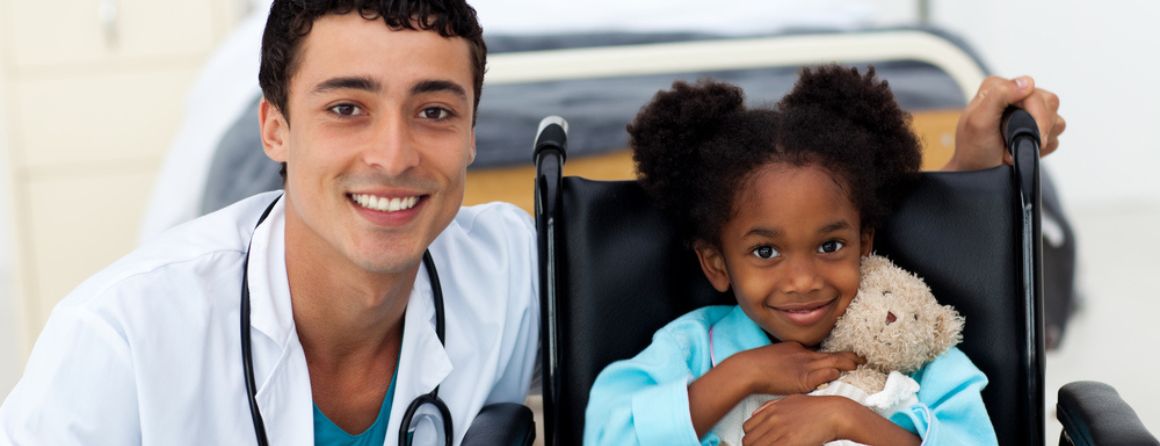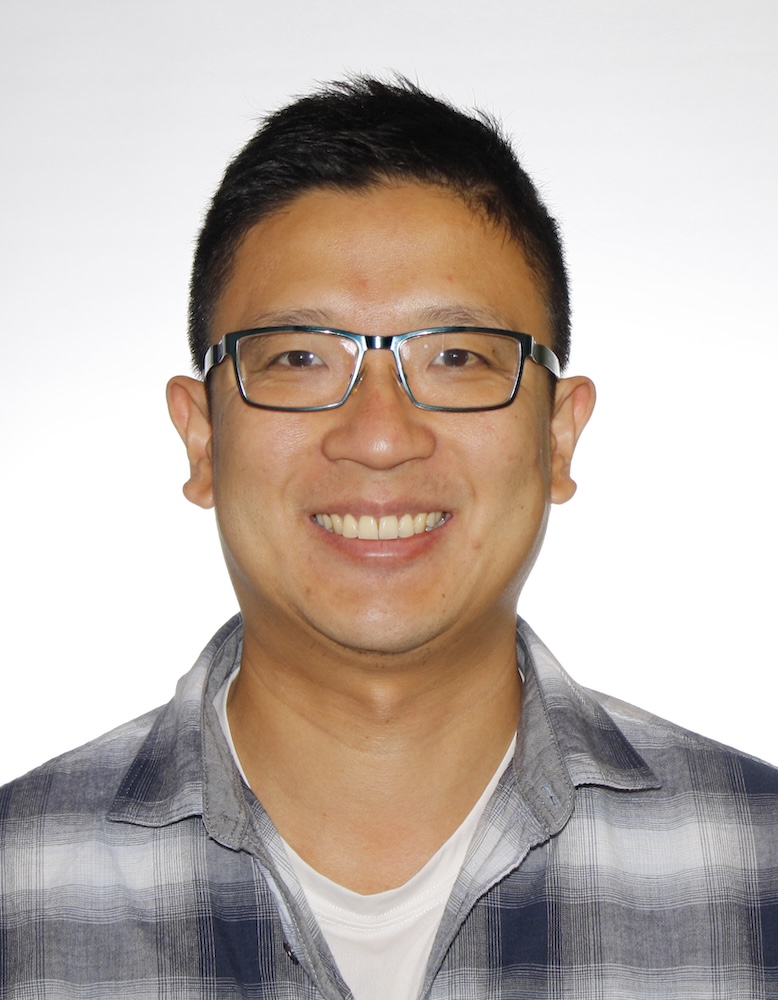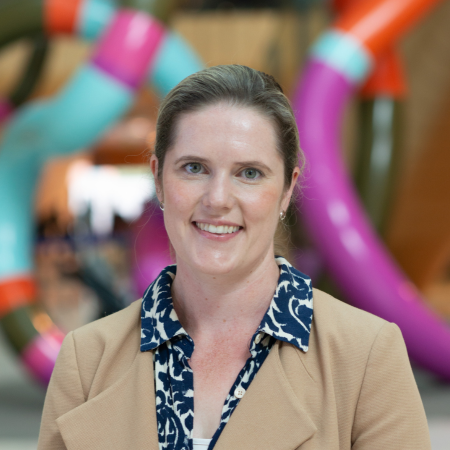Kids' Cancer Project Fellowships awarded to two Murdoch Children's researchers

Murdoch Children’s Research Institute’s Dr Joseph Yang and Dr Hannah Walker have been awarded Col Reynolds Medical Fellowships, with support from The Kids’ Cancer Project.
Their respective projects will aim to improve the precision of brain surgery for children and prevent lung complications in children undergoing stem cell transplantation as part of cancer treatment.
 Dr Yang received $276,000 in funding over three years to investigate whether artificial intelligence (AI) can improve the safety of surgeries for childhood brain tumours and uncontrolled seizures.
Dr Yang received $276,000 in funding over three years to investigate whether artificial intelligence (AI) can improve the safety of surgeries for childhood brain tumours and uncontrolled seizures.
The three-year fellowship will be run in collaboration with The Royal Children’s Hospital, University College London, Great Ormond Street Hospital in London and Centre Hospitalier Universitaire Sainte-Justine.
Brain tumours are abnormal growths of cells inside or on the brain and are the second most common type of cancer in children behind leukaemia. Brain tumours are also the leading cause of childhood disease-related death in Australia and worldwide.
Dr Yang said that while brain surgery is the mainstay treatment to reduce tumour burden and prolong survival, it is invasive and has a high morbidity risk. This is due to inadvertent injuries to critical functional structures and nerve fibre tracts in the brain.
“As neurosurgeons, we use advanced magnetic resonance imaging (MRI)-based nerve fibre tract imaging (tractography) to provide a clear visual on where nerve fibre tracts are during brain surgery – it acts as a roadmap,” he said.
“While this can greatly help preserve brain function, the current software we use for this technique is outdated, and continuing to use it could increase the risk of surgical injuries.”
To address this, Dr Yang’s project will utilise his expert knowledge of artificial intelligence (AI) to develop and implement an automated surgical tractography technique that could provide more anatomically accurate tractography images to decrease the risk of injuries to children’s brains.
“My project will use AI to reconstruct the three most important brain nerve fibre tracts that we look out for when conducting surgery for brain tumours or childhood epilepsy – these represent key motor, language and visual functions,” he said.
Dr Yang has over a decade of clinical tractography experience at The Royal Children’s Hospital and will receive additional MRI data from collaborating sites as part of this project.
Dr Yang hoped the outcome of this fellowship would help advance brain tumour surgical care by making brain surgery safer for children both in Australia and around the world.
Dr Walker has received $35,000 to help towards fully funding her research and more rapidly translate her findings in a clinical setting.
The BREATH: Breathe Easier After Transplantation (Haematopoietic) study, in collaboration with The Royal Children’s Hospital, the Victorian Comprehensive Cancer Centre (VCCC) and the University of Melbourne, aims to understand why some children being treated for relapsed and high-risk leukemia develop lung disease after Allogeneic Haematopoietic stem cell transplantation (allo-HSCT).
Through her research, Dr Walker hopes to discover early detection methods and treatments to improve survival rates in this group of children, representing around 100 individuals in Australia and New Zealand every year.
“It is a tragedy that a child cured of their leukemia by a stem cell transplant can then die of complications related to this therapy. This has fuelled my motivation to better understand why these complications occur,” Dr Walker said.
Allo-HSCT treatment results in lung complications in up to 25 per cent of patients and is fatal in around 30 per cent of those cases.
“This project will compare normal lung immune recovery and dysfunctional recovery after HSCT treatment, which will be a critical step towards improving and optimising outcomes for children undergoing allo-HSCT,” Dr Walker said.
The Kid’s Cancer Project is a non-profit organisation that aims to improve the survival and life quality of all children with cancer. The Col Reynolds Fellowship is designed to encourage new researchers and retain talented scientists in childhood cancer research.
